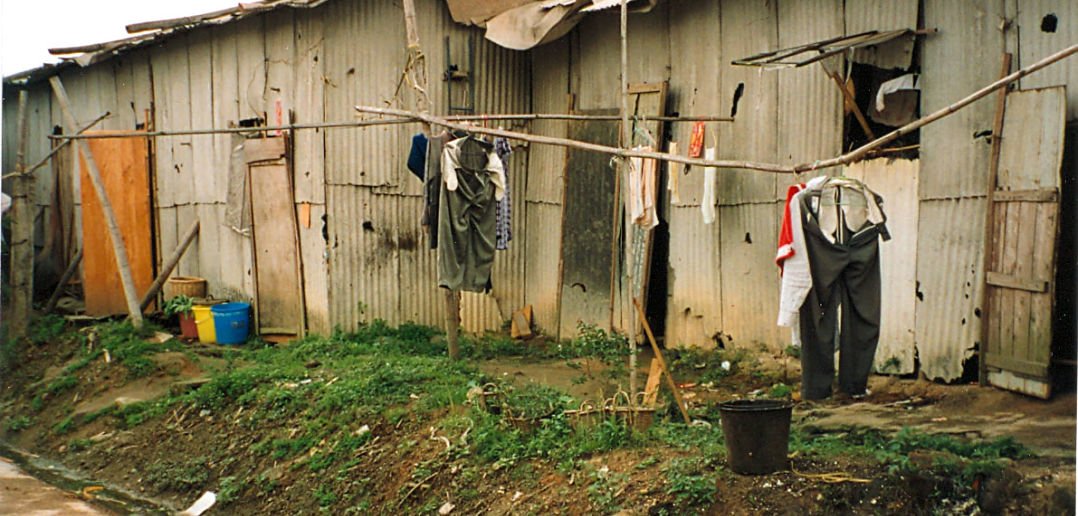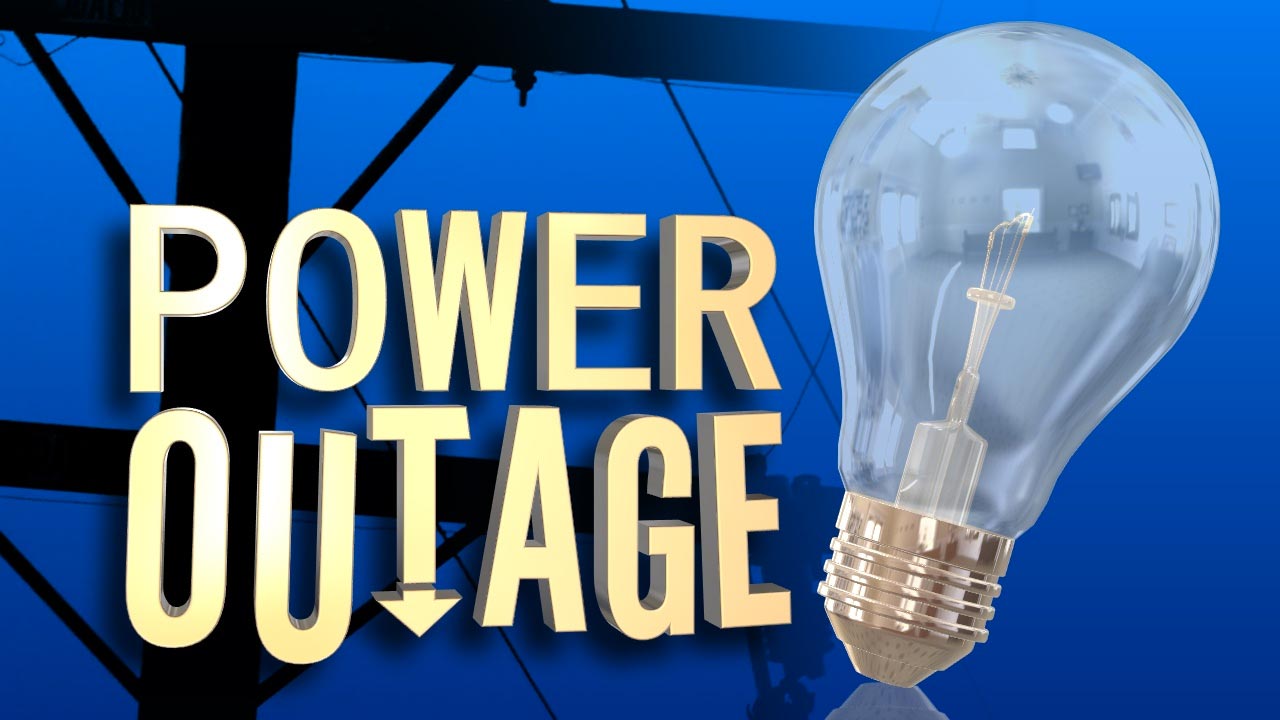Economy
LCCI Tasks FG to Adopt Prudent Fiscal Measures, Pro-Investment Tax Policy

By Adedapo Adesanya
The Lagos Chamber of Commerce and Industry (LCCI) has urged the Nigerian government to adopt prudent fiscal policy measures and investment-friendly tax policies that work in tandem with the efforts of the Central Bank of Nigeria (CBN) to tame inflation.
The President of LCCI, Mr Gabriel Idahosa, said this at the Chamber’s first quarter of 2024 news conference on Thursday in Lagos, as he warned that as headline inflation continued its upward trend, it was telling on the ability of businesses to operate in the country.
He said in the last quarter of 2023, inflation notched higher to 28.92 per cent in December 2023, compared to 26.72 per cent recorded in September 2023,
Mr Idahosa also made a case for the government to strengthen its support to critical sectors like agriculture, road infrastructure, power, energy, and other key sectors because increasing the monetary policy rate has proven to be insufficient in taming inflation.
Last year, the CBN increased interest rates by more than 700 basis points to 18.75 per cent.
Citing the report from the National Bureau of Statistics (NBS), he noted that the inflationary pressures were primarily attributed to food and non-alcoholic beverages; housing, water, electricity, gas, and other fuel; clothing and footwear; transport, furnishing, household equipment, and maintenance.
He, however, projected that should the government be able to address the main drivers of inflation including food and transportation in 2024, projecting that the transportation component of inflation was likely to come down.
“This is because we can see the efforts being made to put buses on the road that are more gas or electric. For instance, Borno now has a large fleet of these vehicles and some companies in Nigeria are embracing producing gas-powered buses.
“Should this trend from now month by month continue, there would be a decrease in the cost of public transportation.
“Given the fact that Dangote has started refining fuel, we do not expect to see a dramatic reduction in the price of oil but we expect some reduction as we won’t spend dollars taking crude out or bringing it back.
“What that means is that sometime in the year, you won’t see a further dramatic rise in inflation,” he said.
Mr Idahosa said that the global economy in 2023 proved more resilient than expected in the face of significant monetary tightening, continuing policy uncertainties, multiple shocks from conflicts, and climate change.
He, however, noted that domestically, Gross Domestic Product (GDP) reports in 2023 showed quarterly growth that indicated a weak and fragile economy.
The LCCI president projected that in emerging markets and developing economies, growth was projected to remain steady at about 3.9 per cent in 2024.
He, however, stated that growth was expected to remain divergent in the region due to an array of global and domestic currents.
Mr Idahosa recommended that the federal government urgently address the structure of the power sector particularly, with a focus on the transmission segment.
This, he said, was needed to attract private sector investment into electricity transmission to bring in relevant financial, technical, and management capacity.
“The Federal Government needs to step up efforts to address the security challenges that have negatively affected investment inflows and improve the security measures adopted in tackling the menace of oil theft and vandalism.
“On agriculture sector growth, we urge the federal government to improve security and intensify the implementation of the national agricultural extension policy with a focus on improved and relevant agricultural technologies.
“The cost of logistics has gone up due to the poor state of our roads and the inadequate connectivity amongst farms, factories, and markets.
“The LCCI commends the Federal Government for the recent effort to attract private investment into the infrastructure sector. We also expect improved implementation of the capital funding allocated to infrastructures in the 2024 budget.
“While the CBN embarks on monetary tightening to tame inflation, it should ensure that targeted concessionary credit to the private sector is sustained for Micro, Small and Medium Enterprises (MSME),” he said.
Economy
CAC Deregisters 400,000 Inactive Businesses in 2025

By Adedapo Adesanya
The Corporate Affairs Commission (CAC) has deregistered more than 400,000 inactive companies from the corporate registry in 2025 as part of reforms aimed at strengthening transparency, protecting the economy and restoring investor confidence.
The Registrar-General of the CAC, Mr Hussaini Magaji, disclosed this on Saturday in Abuja during the commission’s monthly fitness walk, which was organised as part of the activities marking its 35th anniversary.
Mr Magaji said the affected entities were largely companies that had failed to file statutory annual returns for years and were no longer operational, warning that such firms posed serious risks to economic integrity.
He said, “In 2025 alone, we deregistered over 400,000 companies from our records. These were largely companies that had become inactive and failed to meet statutory obligations, including filing annual returns.
“Such entities pose threats to economic operations. Cleaning up the register was necessary to build confidence and ensure that Nigeria has a credible and reliable corporate registry,” he stated.
Mr Magaji explained that a transparent and up-to-date register was critical to attracting both local and foreign investment, as well as preventing the misuse of corporate structures for illicit activities.
The CAC boss described the anniversary fitness walk as symbolic, noting that it reflected the commission’s resilience, teamwork and institutional evolution since its establishment in 1991.
He recalled that the commission began operations as a largely manual agency, once confined to a single office in Garki, Abuja, but has since evolved into a fully digital, end-to-end service provider with global reach.
“The CAC has come a long way, from manual operations in one location to a fully digital organisation. Today, our services are available anywhere, anytime, 24/7. We are the only government agency providing end-to-end digital services,” he stated.
According to him, the commission’s digital transformation has significantly supported the Federal Government’s ease-of-doing-business reforms, eliminating the need for physical visits to CAC offices to register or manage businesses.
“You can register and manage your business from your room without stepping into any CAC office. That is what ease of doing business truly means,” he added.
As part of its support for small businesses, Mr Magaji disclosed that the commission partnered with the Small and Medium Enterprises Development Agency of Nigeria to facilitate the free registration of 250,000 MSMEs in 2025.
He explained that the registrations were deliberately channelled through SMEDAN to ensure beneficiaries also received training and capacity-building support, adding that improved welfare, timely payment of entitlements and clear career progression had boosted staff morale and service delivery.
Economy
NGX Market Cap Surpasses N110trn as FY 2025 Earnings Impress Investors

By Dipo Olowookere
Investors at the Nigerian Exchange (NGX) Limited have continued to show excitement for the full-year earnings of companies on the exchange so far.
On Friday, Customs Street further appreciated by 1.01 per cent as more organization released their financial statements for the 2025 fiscal year.
During the session, traders continued their selective trading strategy, with the energy sector going up by 2.47 per cent at the close of business despite profit-taking in the banking counter, which saw its index down by 0.11 per cent.
Yesterday, the insurance space grew by 2.16 per cent, the industrial goods segment expanded by 1.70 per cent, and the consumer goods industry jumped by 0.42 per cent.
Consequently, the All-Share Index (ASI) increased by 1,722.13 points to 171,727.49 points from 170,005.36 points, and the market capitalisation soared by N1.106 trillion to N110.235 trillion from the N109.129 trillion it ended on Thursday.
Business Post reports that there were 59 appreciating stocks and 19 depreciating stocks on Friday, representing a positive market breadth index and strong investor sentiment.
The trio of Omatek, Deap Capital, and NAHCO gained 10.00 per cent each to sell for N2.64, N6.82, and N136.40 apiece, as Zichis and Austin Laz appreciated by 9.98 per cent each to close at N6.72 and N5.40, respectively.
Conversely, The Initiates depreciated by 9.74 per cent to N19.45, DAAR Communications slumped by 7.32 per cent to N1.90, United Capital crashed by 6.55 per cent to N18.55, Coronation Insurance lost 5.71 per cent to quote at N3.30, and First Holdco shrank by 5.53 per cent to N47.00.
The activity chart showed an improvement in the activity level, with the trading volume, value, and number of deals up by 33.77 per cent, 93.27 per cent, and 10.63 per cent, respectively.
This was because traders transacted 953.8 million shares worth N43.1 billion in 51,005 deals compared with the 713.0 million shares valued at N22.3 billion traded in 46,104 deals a day earlier.
Fidelity Bank was the most active with 92.4 million units sold for N1.8 billion, Chams transacted 69.2 million units valued at N310.9 million, Deap Capital exchanged 59.1 million units worth N382.7 million, Access Holdings traded 57.2 million units valued at N1.3 billion, and Tantalizers transacted 48.6 million units worth N228.2 million.
Economy
Naira Retreats to N1,366.19/$1 After 13 Kobo Loss at Official Market

By Adedapo Adesanya
The value of the Naira contracted against the United States Dollar on Friday by 13 Kobo or 0.01 per cent to N1,366.19/$1 in the Nigerian Autonomous Foreign Exchange Market (NAFEX) from the previous day’s value of N1,366.06/$1.
According to data from the Central Bank of Nigeria (CBN), the Nigerian currency also depreciated against the Pound Sterling in the same market window yesterday by N2.37 to N1,857.75/£1 from the N1,855.38/£1 it was traded on Thursday, and further depleted against the Euro by 57 Kobo to close at N1,612.52/€1 versus the preceding session’s N1,611.95/€1.
In the same vein, the exchange rate for international transactions on the GTBank Naira card showed that the Naira lost N8 on the greenback yesterday to N1,383/$1 from the previous day’s N1,375/$1 and at the black market, the Nigerian currency maintained stability against the Dollar at N1,450/$1.
FX analysts anticipate this trend to persist, primarily influenced by increasing external reserves, renewed inflows of foreign portfolio investments, and a reduction in speculative demand.
In the short term, stability in the FX market is expected to continue, supported by policy interventions and improving market confidence.
Nigeria’s foreign reserves experienced an upward trajectory, increasing by $632.38 million within the week to $46.91 billion from $46.27 billion in the previous week.
The Dollar appreciation this week appears to be largely technical, serving as a correction to the substantial losses experienced from mid- to late January.
Meanwhile, the cryptocurrency market slightly appreciated, with Bitcoin (BTC) climbing near $68,000, up nearly 5 per cent since hitting $60,000 late on Thursday after investor confidence in crypto’s utility as a store of value, inflation hedge, and digital currency faltered.
The sell-off extended beyond crypto, with silver plunging 15 per cent and gold sliding more than 2 per cent. US stocks also fell.
The latest recoup saw the price of BTC up by 4.7 per cent to $67,978.96, as Ethereum (ETH) appreciated by 6.3 per cent to $2,021.10, and Ripple (XRP) surged by 9.5 per cent to $1.42.
In addition, Solana (SOL) grew by 7.3 per cent to $85.22, Cardano (ADA) added 6.1 per cent to trade at $0.2683, Dogecoin (DOGE) expanded by 5.4 per cent to $0.0958, Litecoin (LTC) rose by 5.2 per cent to $53.50, and Binance Coin (BNB) jumped by 2.3 per cent to $637.79, while the US Dollar Tether (USDT) and the US Dollar Coin (USDC) traded flat at $1.00 each.
-

 Feature/OPED6 years ago
Feature/OPED6 years agoDavos was Different this year
-
Travel/Tourism9 years ago
Lagos Seals Western Lodge Hotel In Ikorodu
-

 Showbiz3 years ago
Showbiz3 years agoEstranged Lover Releases Videos of Empress Njamah Bathing
-

 Banking8 years ago
Banking8 years agoSort Codes of GTBank Branches in Nigeria
-

 Economy3 years ago
Economy3 years agoSubsidy Removal: CNG at N130 Per Litre Cheaper Than Petrol—IPMAN
-

 Banking3 years ago
Banking3 years agoSort Codes of UBA Branches in Nigeria
-

 Banking3 years ago
Banking3 years agoFirst Bank Announces Planned Downtime
-

 Sports3 years ago
Sports3 years agoHighest Paid Nigerian Footballer – How Much Do Nigerian Footballers Earn

















